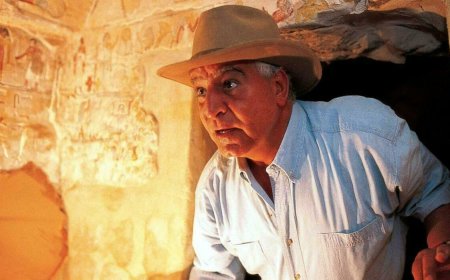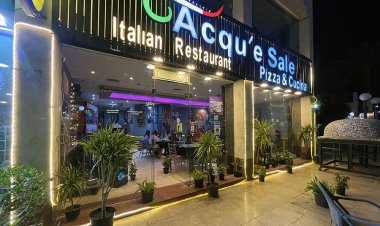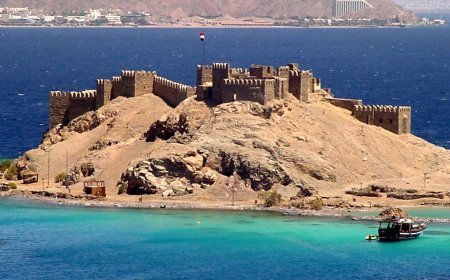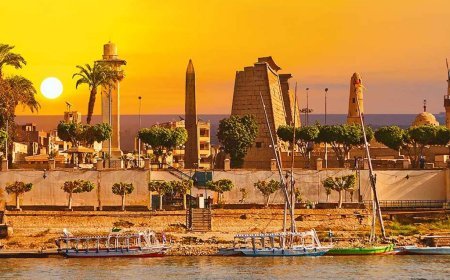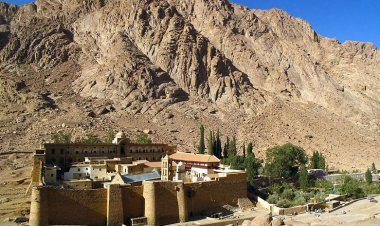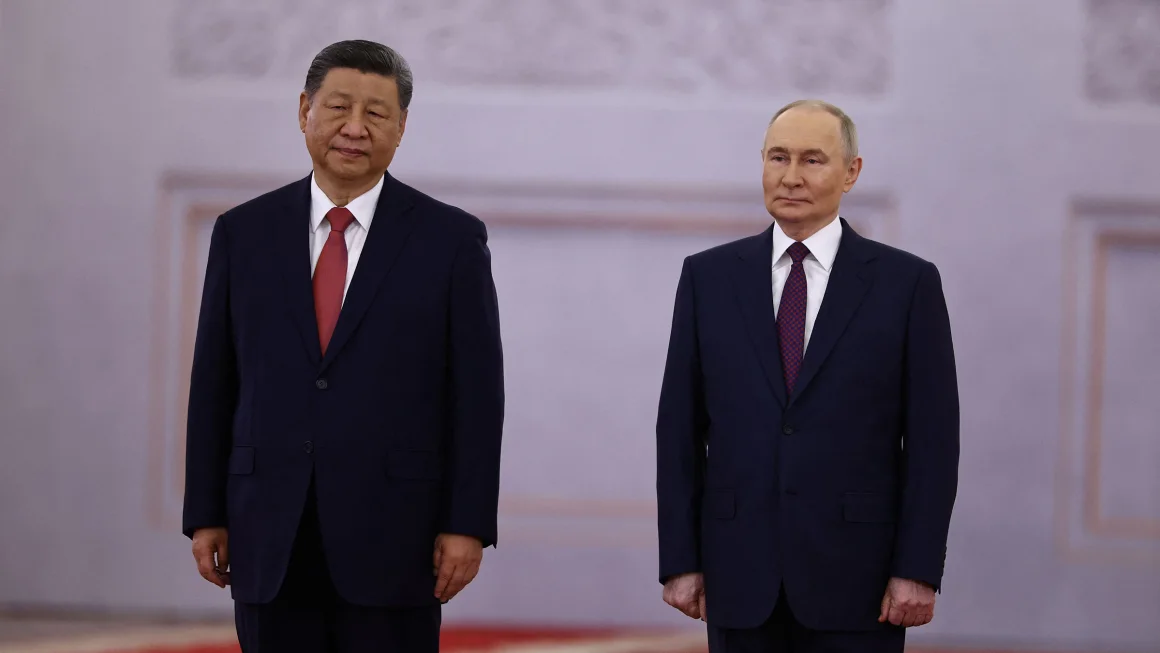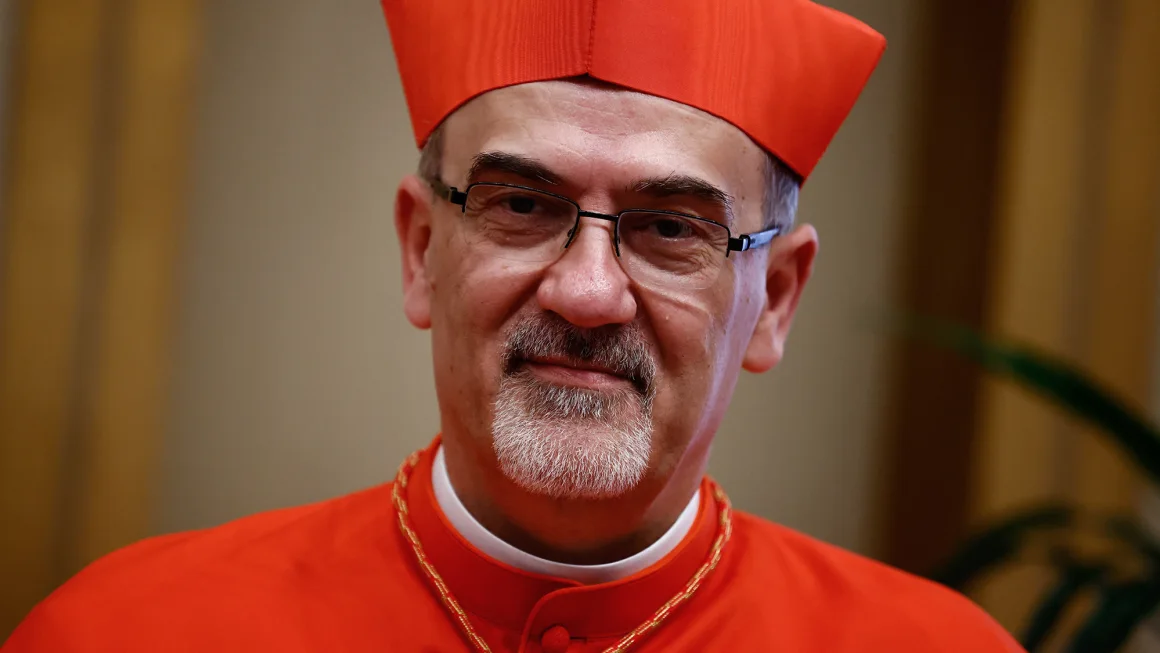Looking into the eyes of an orphan in Gaza
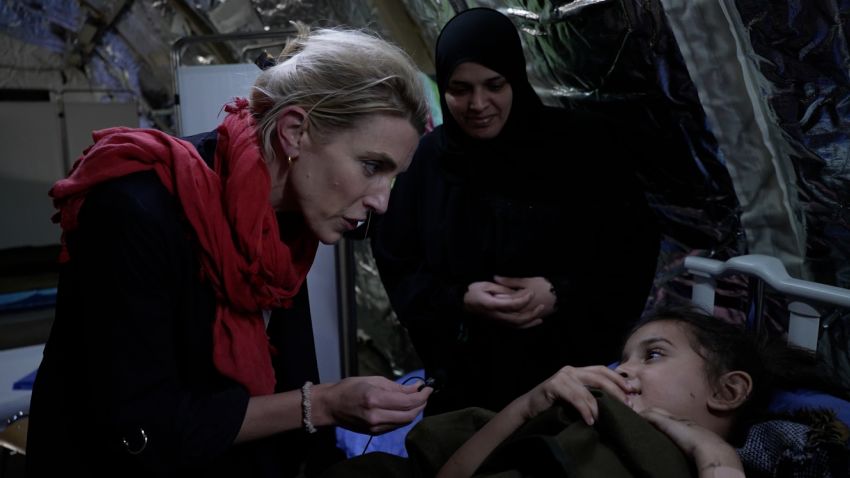
He’s an orphan now, his aunt says, with his parents and two of his siblings killed in an Israeli strike – one attack in the devastating war on Hamas in Gaza that Israel launched after militants carried out murderous cross-border raids targeting Israeli civilians on October 7.
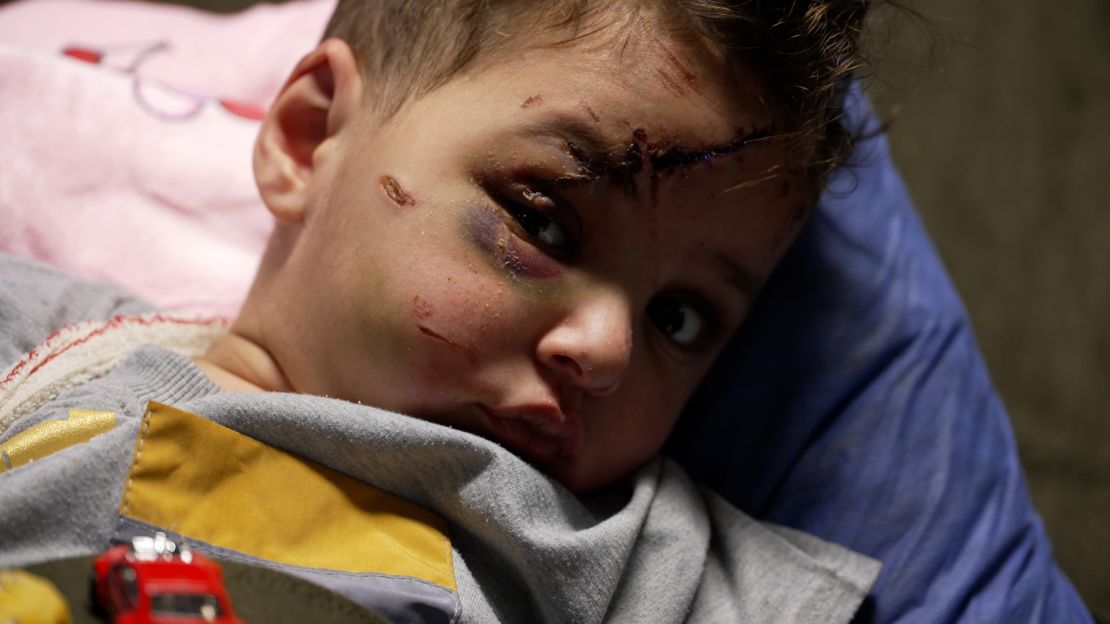
Amir’s loss adds to the overwhelming human toll in the tiny territory of Gaza where more than 18,000 people have been killed, according to the Hamas-run Ministry of Health in Gaza.
But he does not know that yet, his aunt Nehaia Al-Qadra told CNN. He is too young to understand.
“They found Amir in his mom’s arms laying in the street,” Al-Qadra said. “His sister died, his brother died, his uncle, and his other sister is injured in the hospital… Here we are, he doesn’t have a mother or a father or an older sister or brother. Now it’s just us two and God.”
Amir wants his father. “Yesterday he saw a nurse that looked like his dad, and he kept screaming ‘Dad! Dad! Dad!’” Al-Qadra said. When she needs to calm him, she shows the toddler a video of his father.
Horror of modern warfare
Amir will recover from his physical wounds with the treatment he is now getting at a field hospital in Rafah, in southern Gaza, set up by the United Arab Emirates government.
With local hospitals overwhelmed by the sick and injured looking for help from facilities that have been damaged or destroyed, the UAE operation is a rare functioning, well-equipped, well-staffed place that can offer help to the most serious cases.
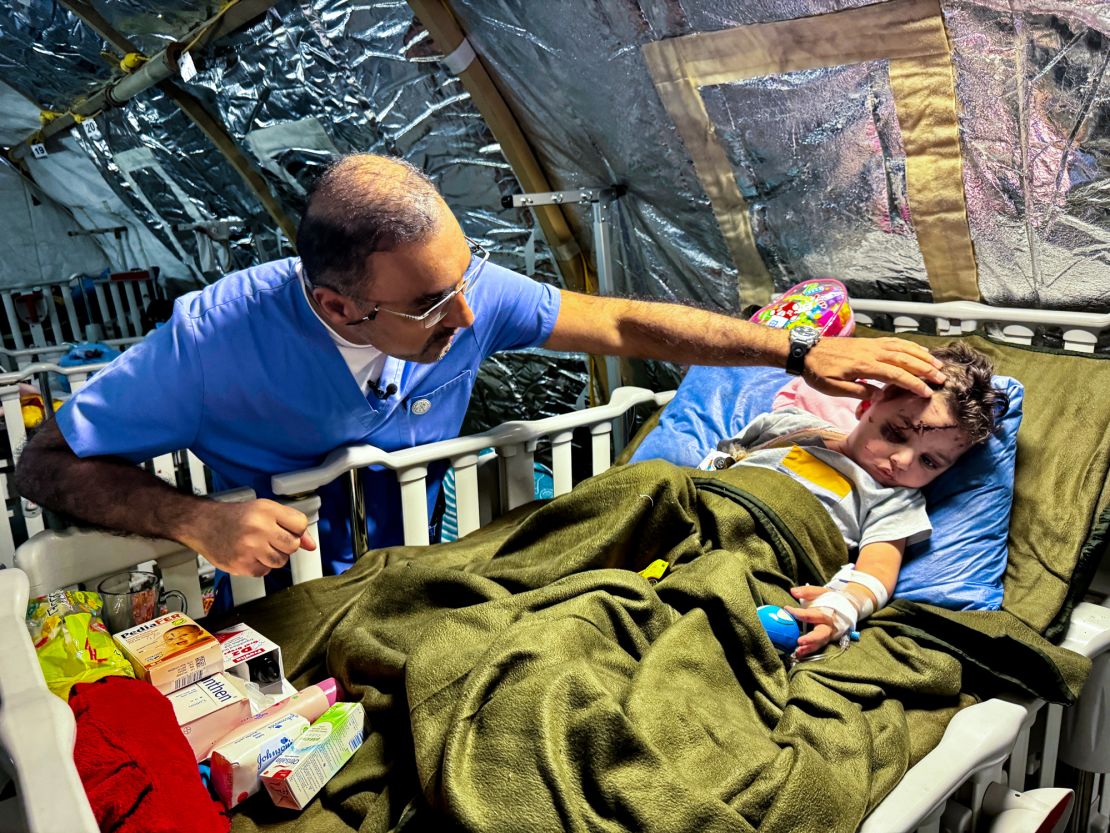
CNN was able to see their work on a brief visit this week, the first Western media outlet to get access into southern Gaza to report independently. Israel and Egypt have previously made it next to impossible for international journalists to witness firsthand the toll on civilians. Israel’s military have taken American media, including CNN, on brief escorted trips into northern Gaza.
In the streets strewn with trash and rubble from destroyed buildings, we see the horror of modern warfare. Despite the heavy bombardment, people wander around outside like zombies – perhaps trying to fathom their lives, perhaps with nothing else to do.
Most shops are closed, but there’s a long line outside a bakery. Recent rain has left stagnant water, and the December chill is setting in.
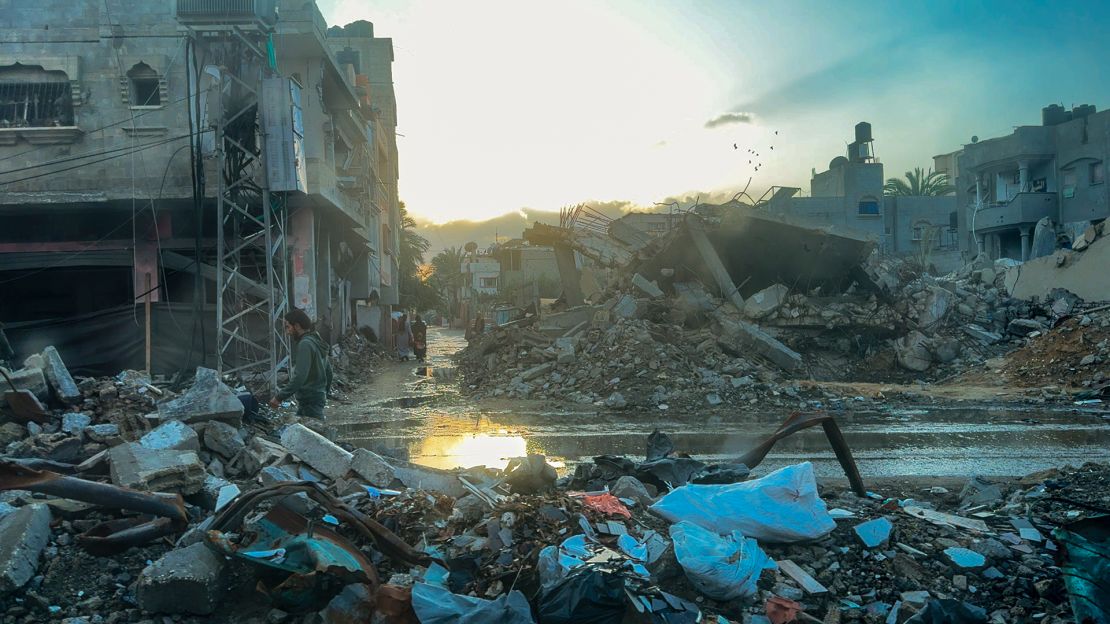
‘It changes your heart’
In another room in the field hospital, eight-year-old Jinan Sahar Mughari is immobilized in a full body cast. “They bombed the house in front of us and then our home,” she told CNN. “I was sitting next to my grandfather, and my grandfather held me, and my uncle was fine, so he was the one who took us out.”
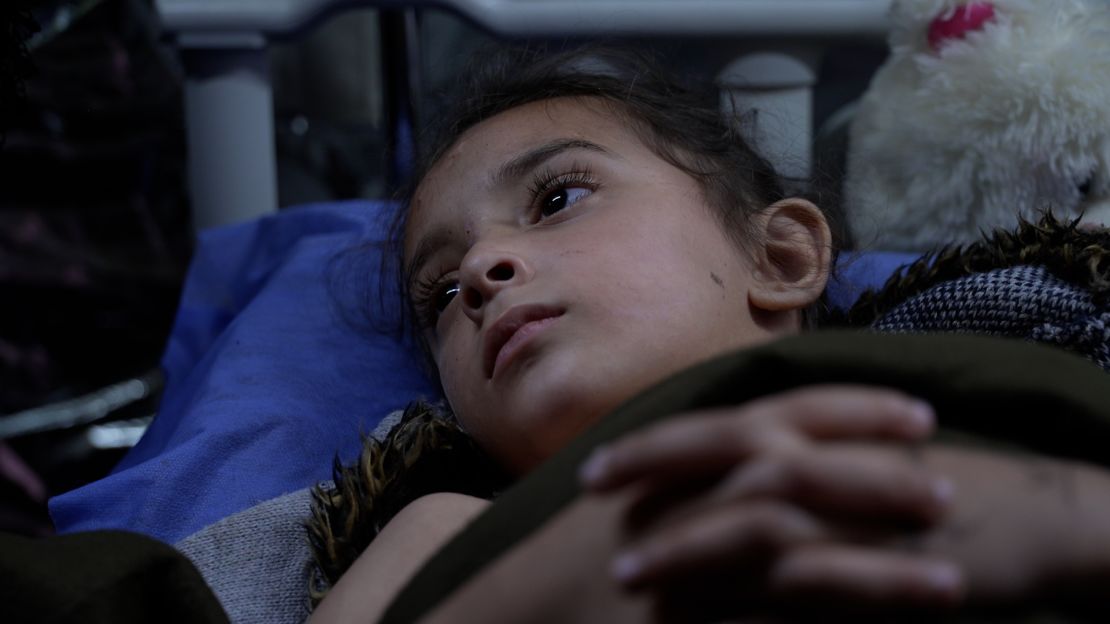
Jinan’s skull and leg were broken in the bombing, explains her mother Hiba Mohammed Mughari, who was not at home at the time of the attack.
“I went to the hospital to look for her … I came here, and I found her here.” She encourages her child to talk as she herself falls silent. Tears streak down her face as she weeps quietly.
Doctors at the UAE Field Hospital say they find seeing and treating the innocent child victims of war especially hard, but they are so busy they cannot dwell on it.
“It’s something that changes your heart,” Dr. Ahmed Almazrouei said of seeing injured children.
His colleague, the hospital’s medical director, Dr. Abdallah Al-Naqbi, added: “These are obviously civilians. They don’t deserve to lose [a] limb while sitting with family,” he said.
The hospital was constructed rapidly in a soccer stadium but its staff and state-of the-art equipment make its 150 beds highly sought after. “The people from here, they ask us to keep our service limited to the severely injured people because they are the ones who are in need. And they cannot wait,” Al-Naqbi said.
A calm amid the airstrikes
The volunteer medics are on call 24/7 and work long hours. “Yesterday we started (at) three in the morning. Four injuries. No amputations but burns. Burns are worse than amputations,” Al-Naqbi said. “And we stayed awake until late afternoon.”
Dealing with trauma victims is central to the medics’ work under the mission, dubbed “Operation Gallant Knight 3.” But they are also seeing the consequences of the local health systems falling apart and the poor, crowded conditions that are leading to infectious diseases and other problems sweeping through communities.
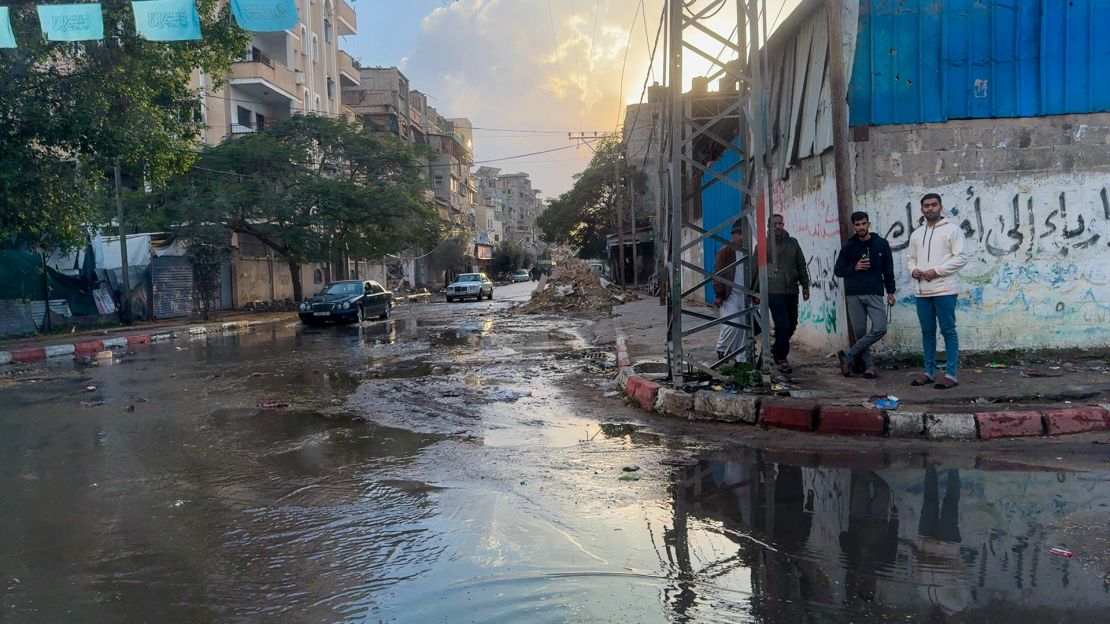
“Someone came with an injury to his head and worms coming out of the wound,” Al-Naqbi said. “We can’t explain what kind of environment they were exposed [to], and medically I can’t explain how dirty was that situation. Even our surgeon was shocked.”
Inside the hospital it is almost calm, with organized staff efficiently caring for their patients, in wards, intensive care units and operating rooms. But the war is ever present.
Within 15 minutes of CNN arriving, there is a loud crack of a nearby airstrike. The doctors don’t even flinch. “That’s real life,” said Al-Naqbi, adding that they hear at least 20 strikes a day. “I think we got used to it.”
Notes smeared with blood
In their sanctuary, there is no knowing what was hit – a Hamas target or a civilian home or business. But they soon get news there are victims they need to treat.
“They just called us right now, they will send us two amputated young males from the bombing,” Al-Naqbi said, hustling to the “Red Area” where they receive new trauma patients.
“Most of us [are] experienced emergency doctors, ICU consultants,” he said later, discussing the team’s experiences at home. “We’ve seen trauma, but it will come through our EMS (emergency medical services), … clean, organized, with a proper chart.”
The notes handed over from the paramedics who have wheeled in a man and a 13-year-old boy, both with missing limbs, are smeared with blood.
Both patients are perilously injured, and the teams work quickly to replace the bandages that are being used as improvised tourniquets. “Not a single patient came to me with a proper tourniquet,” Al-Naqbi said, explaining that properly stopping blood loss was critical to saving lives.
‘The world isn’t listening’
That’s because the patients come from the devastated Gaza we caught sight of on our 2.8-mile (4.5-kilometer) drive from the Egyptian border to the hospital and back.
The Israeli military says that since October 7, it has hit more than 22,000 targets in Gaza – an enclave just about 25 miles long and seven miles wide – far surpassing anything seen in modern warfare in terms of intensity and ferocity.
Almost all of Gaza’s more than 2 million residents have been forced from their homes, the World Health Organization says, as Israel targeted first the north and then the south of the territory in its operations to destroy Hamas and recover more than 100 hostages still believed to be held by militants.
Even as more nations called for a ceasefire, one young patient in the Emirati field hospital questioned bitterly whether anyone was really concerned enough.
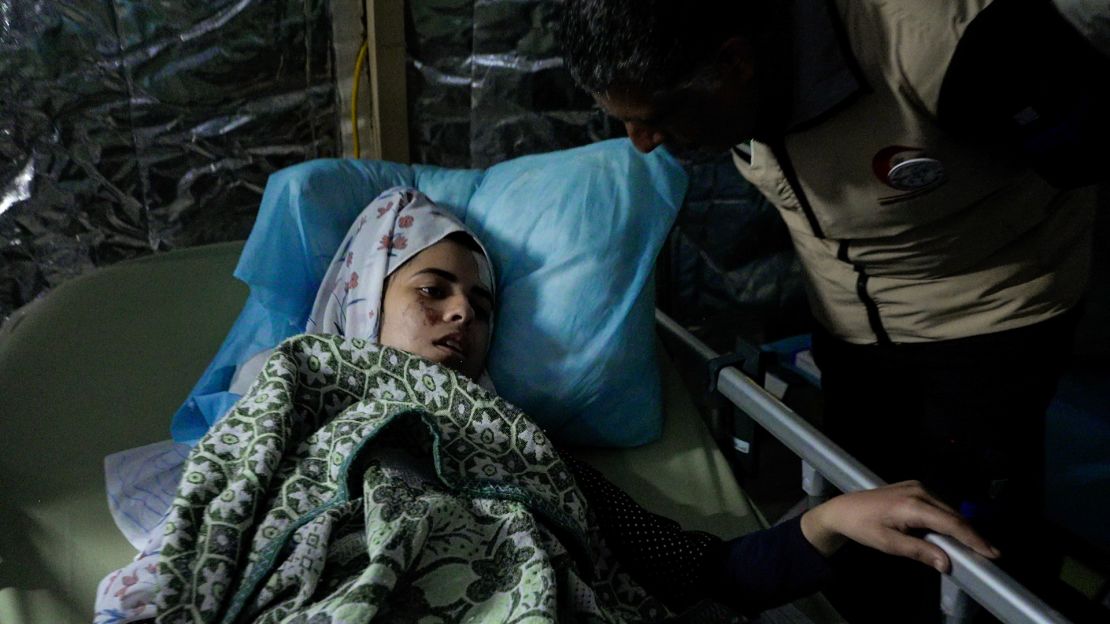
Before the war, 20-year-old Lama Ali Hassan Alloush was studying engineering at university and preparing for her sister’s wedding. Her family heeded orders from the Israeli military to leave their home in the north and fled south. But the house where they were seeking shelter was hit by a strike. Now, she is in hospital, her right leg amputated.
“The world isn’t listening to us,” she said. “Nobody cares about us, we have been dying for over 60 days, dying from the bombing, and nobody did anything.”
The post Looking into the eyes of an orphan in Gaza appeared first on Egypt Independent.
What's Your Reaction?
 Like
0
Like
0
 Dislike
0
Dislike
0
 Love
0
Love
0
 Funny
0
Funny
0
 Angry
0
Angry
0
 Sad
0
Sad
0
 Wow
0
Wow
0


